-
About
- About Listly
- Community & Support
- Howto
- Chrome Extension
- Bookmarklet
- WordPress Plugin
- Listly Premium
- Privacy
- Terms
- DMCA Copyright
- © 2010-2025 Boomy Labs
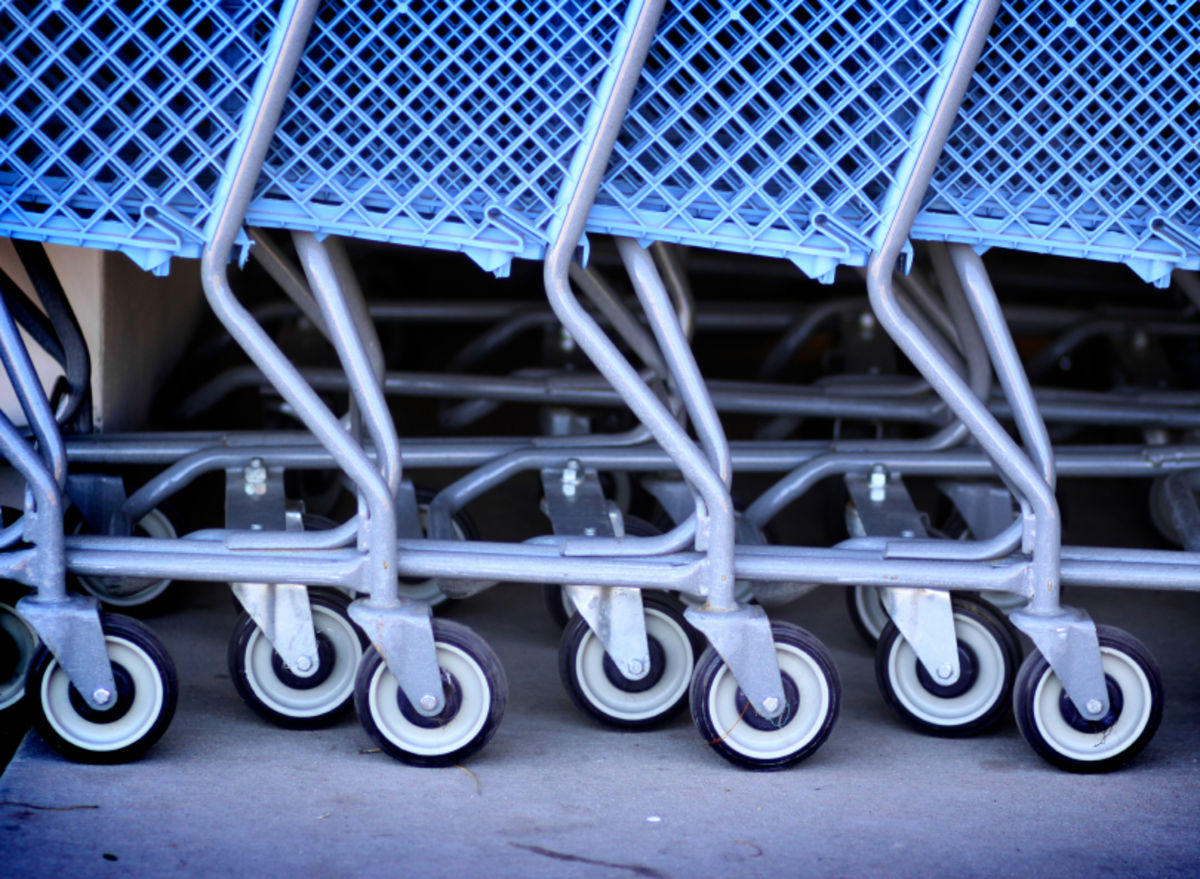

 Sandra Bauman
Sandra Bauman
Listly by Sandra Bauman
Our curated list of secondary resources related to grocery trends.
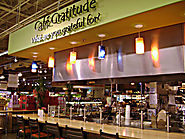
Today's blog post is by Susan Griffin, Chief Marketing Officer. Recently, we were pleased to help organize the 2015 Analytics With Purpose conference, organized by the American Marketing Association. We were delighted to see some great speakers talking about the practical results of the application, benefits and, in certain examples, limitations of analytics to marketing problems. Even...

Just eat it. It's hard to look at these stylish packages of citrus fruit, bearing Nike's iconic swoosh, without having the athletic company's famous slogan "Just do it" immediately come to mind. And that's precisely the point, says Israel-based designer Peddy Mergui. He says packaging tells a story, and can imbue consumer goods with value and prestige.
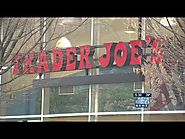
Welcome to another edition of This Week in Racism. I'll be ranking news stories on a scale of 1 to RACIST, with "1" being the least racist and "RACIST" being the most racist. -Portland is known for its lumber industry, cold weather, charming architecture, and affluent white folks.

Kroger is thriving. The supermarket chain generated $109 billion in sales last year and just reported its 45th straight quarter of same-store sales increases. Kroger's success comes at a time of dramatic change in the US grocery industry.

Whole Foods and Trader Joe's are often praised for reinventing the grocery business. But Kroger is thriving in a difficult market for grocery stores. The supermarket chain has reported positive comparable-store sales for 45 straight quarters.

Kroger is expanding its testing of an e-commerce service in Greater Cincinnati. It allows a shopper to buy groceries online then collect their bags at at a pickup window without entering the store. Available only at a Liberty Township store, Kroger has invited dozens of customers to try the service.
Kroger is "winning the war against lengthy checkout lines" using military-style infrared cameras, reports Julie Jargon in The Wall Street Journal (5/2/13). The cameras "detect body heat" and "sit at the entrances and above cash registers at most of Kroger's 2,400 stores. Paired with in-house software that determines the number of lanes that need to ...
Imagine a grocery store where you can receive personal recommendations and offers the moment you step in the store, where checkout takes seconds and you can pay for groceries without ever taking out your wallet. Sound far-fetched? It's closer than you think. Technology has fundamentally transformed the way industries such as music, books and video operate.
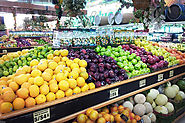
It seems like common sense: If an area, especially a dense urban area, is suffering because of lack of nutritious food, why not build a government-supported, fully stocked supermarket there? Yet a study from NYU Langone Medical Center released last Thursday surveyed one such project and came back with depressing results.
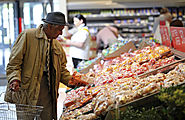
In his new study published in the journal Health Affairs, Steven Cummins, a professor of population health at the London School of Hygiene and Tropical Medicine, examines how adding a supermarket to a food desert can change - or not change - the shopping habits and diet of those who live there.
The Temkin Experience Ratings are based on consumer feedback of their recent interactions with companies. We asked consumers to rate three components of the experience, Success, Effort, and Emotion, on a 7-point scale. For each component, we take the percentage of consumers that gave a rating of 6 or 7 and subtract the percentage that gave a rating of 1, 2, or 3.

To know Wegmans is to love Wegmans, reports Roberto A. Friedman in The Washington Post (5/13/15). "The first thing you need to know about Wegmans is it's as special as people say it is," says Burt Flickinger of Strategic Resource Group. "There's a joke up in Buffalo that with all the bad weather this past ...
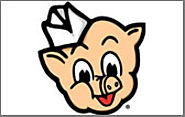
Tension between the "pampered and the paupers" is growing, reports The Economist (5/9/15). The tug manifests in the growth of "the self-service revolution," which began in earnest in 1916, when Clarence Saunders, founder of Piggly Wiggly supermarkets "changed the face of retailing" by opening the first self-service grocery store.
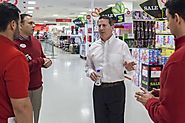
Several top suppliers summoned to Target Corp.'s headquarters early this year left digesting some difficult news: Their brands were no longer special. Representatives from Campbell Soup Co., General Mills Inc., Kellogg Co. and others were told that the retailer doesn't want to put as much money and effort into promoting some of their products as it did in the past, people familiar with the matter said.
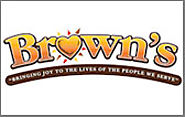
A Philadelphia grocer has cracked the code on food deserts, reports Maanvi Singh on National Public Radio (5/14/15). Food deserts are urban or rural areas where locals don't have access to "fresh, healthy and affordable food." According to the US Department of Agriculture, there were about 6,500 food deserts as of 2012.
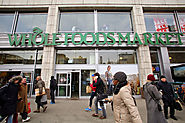
"I wish I could afford to buy good organic produce whilst still being able to pay off my student loans." This is something I, as a millennial, say to myself every time I go to do my weekly food shop.

Trader Joe's is America's favorite grocery retailer for the third year in a row, according to a recent report from Market Force Information. The report was based on data from an annual survey of more than 7,200 consumers in the United States.
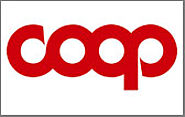
The supermarket of the future will have no shelves, reports Alberto Mucci in Munch (5/28/15). Instead, the supermarket has "long, low wooden tables," recalling a local market. That's the vision put forward, anyway, by Coop, "Italy's largest supermarket chain," in a prototype store at Milan's World Fair, in collaboration with Accenture and MIT's Senseable City ...
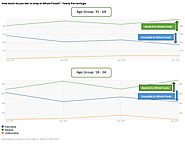
Editor's note: Jake Sedlock is vice president of client development at research firm CivicScience, Seattle. This is an edited version of a post that originally appeared here under the title, "Pack up the old timers - we're off to the new whole paycheck!" My wife calls me cheap.
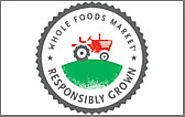
Whole Foods is expanding its definition of what 'best' means, reports Stephanie Strom in The New York Times (6/13/15). The grocer's new program, Responsibly Grown, designates fruits and vegetables as 'good,' 'better,' and 'best' based not only on how the produce was produced, but also "things like establishing a garbage recycling program, relying more on ...
